Editor’s note: This article is part of forum discussing the fourth Lausanne Congress. It is not an official Lausanne Movement forum but an opportunity for Lausanne delegates to share their thoughts about the fourth Lausanne Congress, the Seoul Statement, and the future of the mission. You can read the entire series, from diverse voices around the world here.
As a professor and pastor, Lausanne was a privilege to attend because it brought together my identity as an “evangélico” in the tradition of Samuel Escobar and René Padilla, and my research and teaching on the Brown Church. Fifty years ago, when asked by Billy Graham to serve on the planning committee for the first Lausanne, Escobar worried that “Lausanne would cheer a ‘mutilated Gospel,’ an American middle-class gospel tainted by the ‘American way of life’ and loyalties to conservative politics” (Kirkpatrick, A Gospel for the Poor, 19).
Despite his concerns, Escobar went ahead with his participation: “I think that our presence and our contribution in this committee…is worth the time, work and patience involved in it” (Kirkpatrick, 19). In his now-famous plenary talk at Lausanne I, René Padilla introduced the world to the concept of “misión integral,” or holistic mission, which had been recently been developed by Latin American evangelicals in the context of military dictatorships, poverty, and civil war: “Concern for man’s reconciliation with God cannot be separated from concern for social justice…the mission of the church is indivisible from its life. I refuse, therefore, to drive a wedge between a primary task, namely the proclamation of the Gospel, and a secondary task (at best) or even optional (at worst) task of the church” (Kirkpatrick, 21).
According to Padilla, any dichotomy between social action and evangelism is a false dichotomy. Christian mission is like a plane with two wings—one wing consists of the verbal proclamation of the good news of Jesus Christ and the other the embodiment of the Gospel through justice and love of neighbor. If either wing is missing, the Gospel plane will crash.
The unflagging advocacy of Padilla, Escobar, John Stott, and others, led to Lausanne’s current stated approach of Proclamation and Action. With much enthusiasm, I came to Incheon to follow in the footsteps of these three heroes of mine, be inspired in faith and action, and explore the current state of the global Evangelical movement. To be honest, I was warned by some friends that I might encounter the same “mutilated gospel” and “American middle-class gospel” that Escobar described five decades before.
The joy of Lausanne for me was connecting with new friends and family members of the global church. It was like a big family reunion. For the first time in my life, I truly worshipped together with people of every tribe, language, nation and tongue. Africa, Asia, Latin America, the Middle East, Europe. U.S. North Americans were only 500 out of the 5,000 gathered. It was a living picture of Revelation 7:9.
I also came to see firsthand what Andrew Walls, Samuel Escobar, Philip Jenkins, and others have been saying for the past several decades—the pendulum of Christianity has now shifted to the Global South. As Western Christianity sadly faces decline, Africa, Asia, Latin America, and immigrant churches in North America are the new vital centers of global Christianity. This pattern has repeated throughout the past 2,000 years all around the world—for a time Christianity flourishes in one geographic center, followed by decline and rebirth in a new cultural center. The Gospel cannot be stopped, Christianity is infinitely translatable, and the Gospel is a “liberator of culture” (Walls, “The Missionary Movement,” 3, 22). As the Great Commission extends to the ends of the earth, Christ sanctifies us individually, and our cultures corporately, allowing our cultural treasures to shine more brightly as a sweet offering to our Savior for eternity (Revelation 21:26).
Comprised of sisters and brothers from Niger, Ghana, Singapore, the Philippines, and the US, my table group was a highlight celebrating the new reality of Christianity’s geographic pendulum shift. Unplanned and unexpectedly, I even met a brother whose parents were part of my grandparents’ ministry in China in the 1940s. My grandfather, Calvin Chao, planted InterVarsity in China in the 1940s and was called the “Billy Graham of China.” One of the biggest highlights was celebrating communion together led by pastors from Korea and Japan, and as a sign of the healing which Christ can bring between nations centuries at war. Revelation 22:2 experienced now, a foretaste of the future, God’s restoration of all things and healing of the nations.
Like any family reunion, however, it’s just a matter of time before familiar dysfunctions rise to the surface. They are always painful and always come with a sting of surprise, although in hindsight they should have been expected. This happened at Lausanne, too. I share some of these pains now because I want the Lausanne family to heal and grow, and I care deeply about the Church. I also share these honest words because, as a UCLA professor since 2005, I know that our Christian public witness is on the line. As shared by Dr. Anne Zaki, such truth telling is costly but necessary.
As Latinos/as sometimes we get invited to speak in predominantly white ministry spaces because, at best, conveners intuit that our voices have a meaningful contribution to make, or, at worst, because they feel obliged but don’t really understand the value of our diverse perspectives. For Lausanne, I have no reason to believe that it was the latter, but it still turned out quite badly.
Like her father 50 years ago, Dr. Ruth Padilla DeBorst was invited as a plenary speaker to speak about justice and the social implications of the Gospel. Dr. Padilla is one of the leading theological voices representing the Latino community in the global church today, and she is the modern heir of the misión integral movement begun by Rene Padilla and Samuel Escobar.
Dr. Ruth Padilla shared a compelling message on the topic of justice on Monday night of the conference. In fact, it was the only plenary talk on the subject. Her talk was wide ranging, and several sentences of her 15-minute presentation spoke to the deadly injustices occurring among the Palestinian people. To the dismay and deep anger of myself and many others, Lausanne sent out an email several days after Dr. Padilla’s talk, apologizing for it (even though Lausanne leadership was given an advance copy which they approved), and shaming her publicly in front of the 5,000 physical attendees and thousands more participating in the conference virtually.



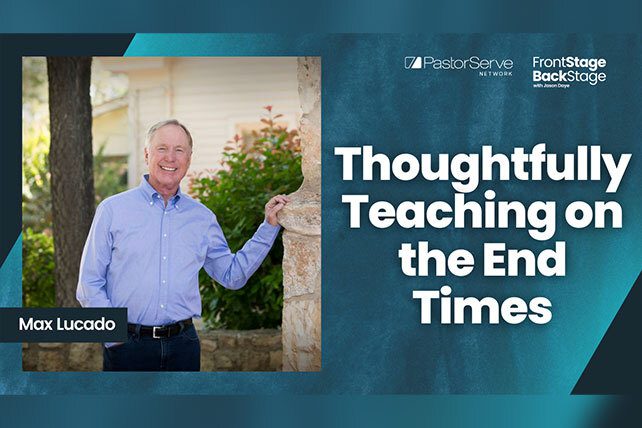
 As we preach, teach, and disciple others, how can we keep an eternal perspective in mind and thoughtfully address the end times? In this week’s conversation on FrontStage BackStage, host Jason Daye is joined by Max Lucado. Max is a speaker, best-selling author, and the pastor of Oak Hills Church in San Antonio. Max’s books have sold nearly 150 million copies worldwide. His latest is titled, “What Happens Next?” Together, Max and Jason look at our ministries from an eternal perspective, considering our ministry legacy and finishing well. Max then provides some incredible wisdom about how we can thoughtfully approach preaching on the end times.
As we preach, teach, and disciple others, how can we keep an eternal perspective in mind and thoughtfully address the end times? In this week’s conversation on FrontStage BackStage, host Jason Daye is joined by Max Lucado. Max is a speaker, best-selling author, and the pastor of Oak Hills Church in San Antonio. Max’s books have sold nearly 150 million copies worldwide. His latest is titled, “What Happens Next?” Together, Max and Jason look at our ministries from an eternal perspective, considering our ministry legacy and finishing well. Max then provides some incredible wisdom about how we can thoughtfully approach preaching on the end times.


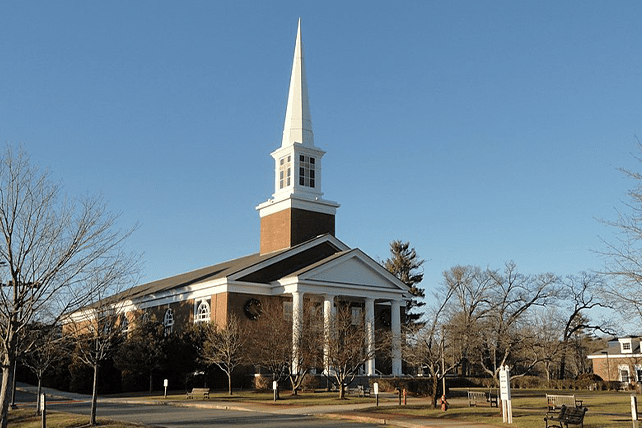




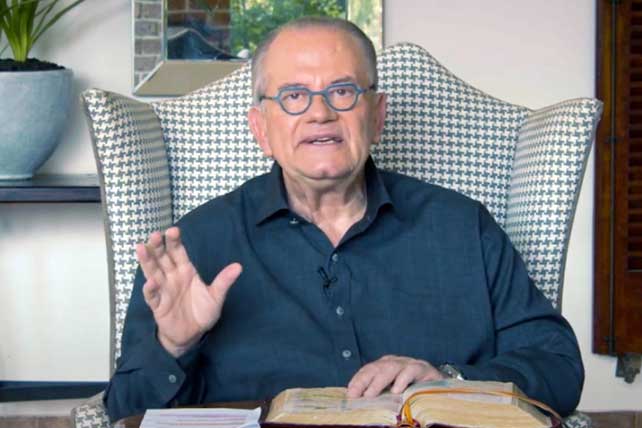






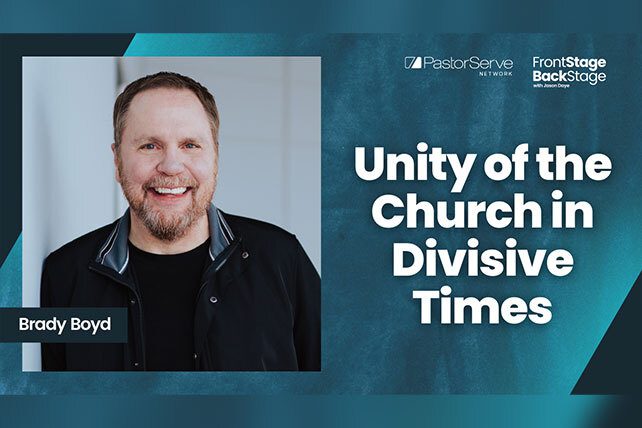

 The concept of “suffering well” in the context of Neuroscience Informed Christian Counseling® (NICC) is deeply interwoven with insights from neuroscience, psychology, and spiritual teachings. It suggests an approach to life’s challenges that is not just about endurance but about finding meaning, connection, and growth in the midst of pain. This perspective is enriched by the works of Dr. Dan Siegel, Dr. Lisa Feldman Barrett, and Diana Fosha, alongside the principles of NICC.
The concept of “suffering well” in the context of Neuroscience Informed Christian Counseling® (NICC) is deeply interwoven with insights from neuroscience, psychology, and spiritual teachings. It suggests an approach to life’s challenges that is not just about endurance but about finding meaning, connection, and growth in the midst of pain. This perspective is enriched by the works of Dr. Dan Siegel, Dr. Lisa Feldman Barrett, and Diana Fosha, alongside the principles of NICC.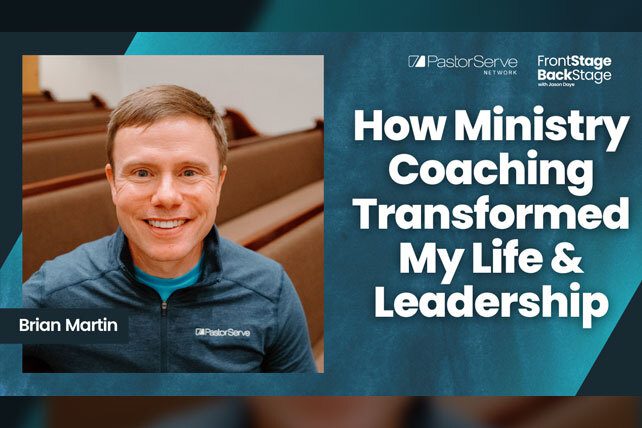

 Picture this: It’s a summer evening, and you’re sitting near a campfire with friends.
Picture this: It’s a summer evening, and you’re sitting near a campfire with friends. 






